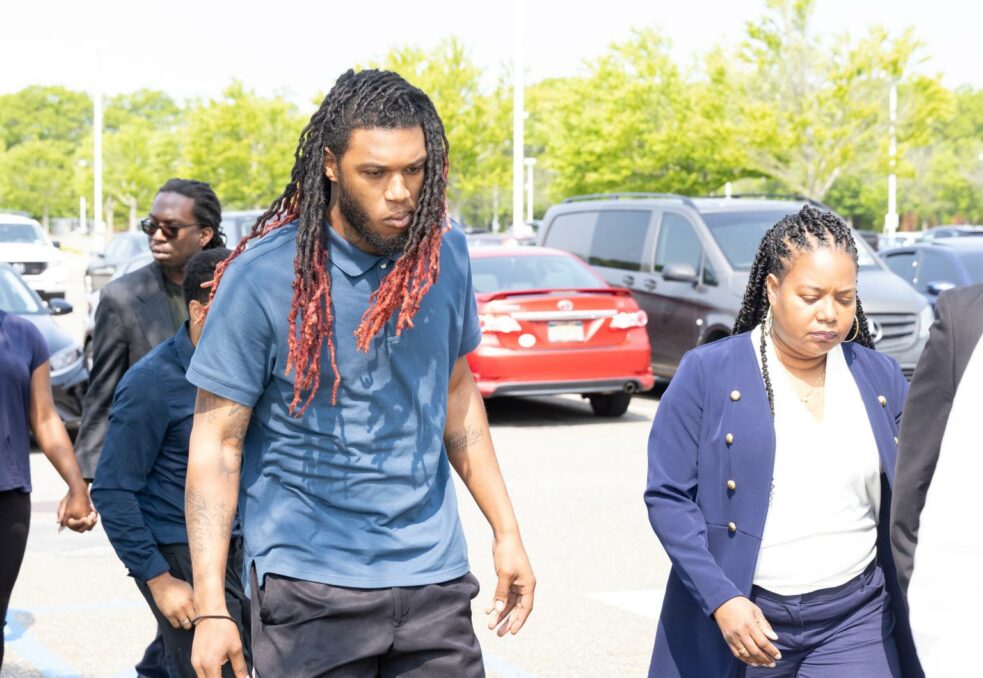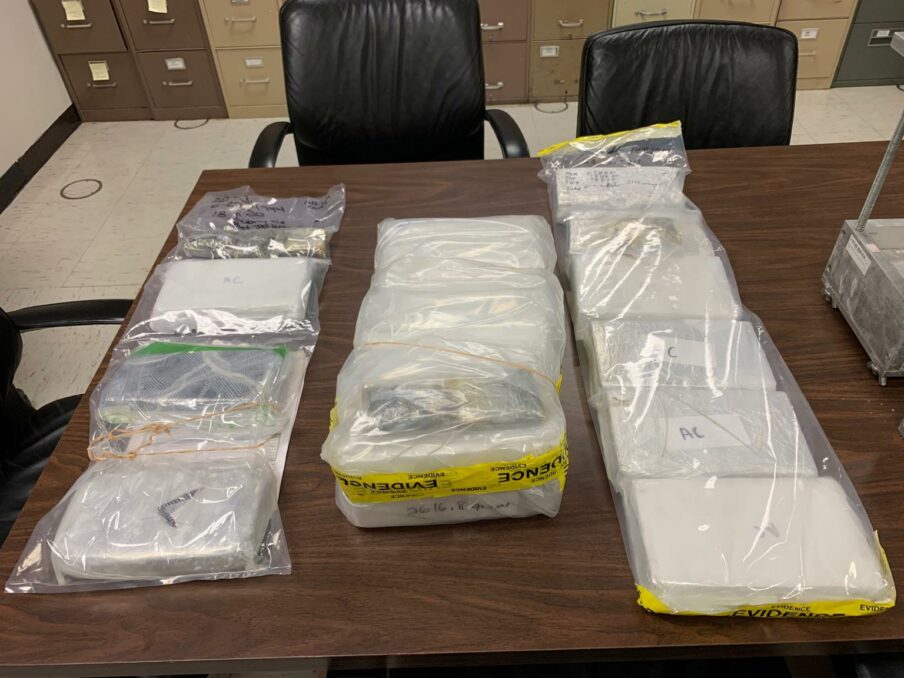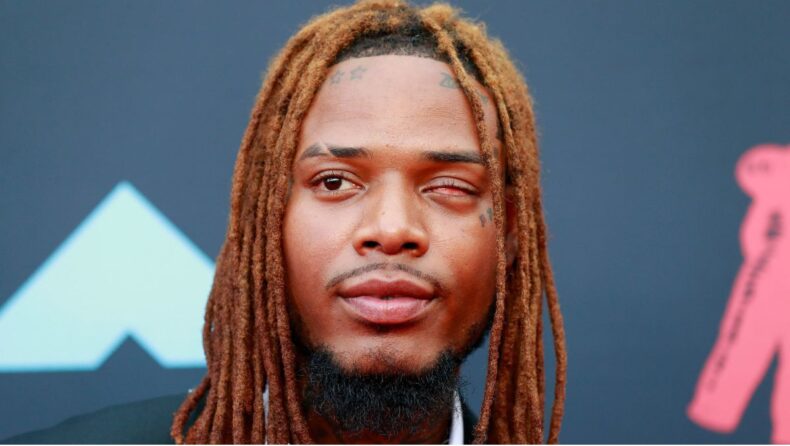The rapper, who gained popularity for his single “Trap Queen,” is alleged to have glorified drugs.
Nine months after pleading guilty to his part in a drug-trafficking conspiracy, Fetty Wap was sentenced to six years in federal prison and five years of post-release supervision on Wednesday. The 31-year-old New Jersey rapper whose legal name is Willie Junior Maxwell II, had been in custody since his $500,000 bail was revoked in August 2022 after allegedly displaying a firearm and threatening to kill someone on a 2021 FaceTime call.
Maxwell was first detained in October 2021 and charged with conspiring to smuggle more than 100kg (220lbs) of heroin, fentanyl, and crack cocaine from the west coast to Long Island between June 2019 and June 2020 together with five other defendants. Prosecutors claimed that the plan included using the US Postal Service and secret automobile compartments to transport drugs to the east coast where they would be stored before being distributed on Long Island and in New Jersey.
Apologies to Afflicted Families
He appeared before Judge Joanna Seybert on Wednesday in Central Islip Federal Court, New York, to receive a sentence one year longer than the required minimum. He admitted to conspiring to distribute at least 500 grams or more of cocaine.

Elizabeth Macedonio, his attorney, said that the Billboard-charting artist needed the money to support his many relatives and children after the pandemic put an end to live entertainment since he had been providing for them. The communities and afflicted families of drug addicts were personally apologised to by Mr. Maxwell.
According to the attorney, Maxwell engaged in drug trafficking, but not out of personal interest or enjoyment. He only resorted to it for a brief period and with the sole purpose of meeting the financial needs of his family. The lawyer explained that he quickly entered and exited the illegal activity, ensuring that his family’s welfare was secured before putting an end to it.
Prosecution’s Plea for Harsher Sentence
The prosecution had urged for a heavier sentence, claiming that he had used his popularity to “glamorise the drug trade” while earning millions of dollars from his music following the release of “Trap Queen” in 2015. They cited the fact that youngsters were used as extras in the song’s music video and cited the extensive media coverage the matter had gotten.
They said the musician rose to fame by singing about his time spent synthesising crack cocaine and dealing drugs.

In the course of the investigation, investigators seized $1.5 million in cash, 16 kilogrammes of cocaine, 2 kilogrammes of heroin, countless fentanyl pills, as well as a number of weapons and ammunition. Five of the defendants in the case, according to the prosecution, used firearms to safeguard the drug distribution network and organisation.
Six individuals were accused in total with participating in the conspiracy; four have already entered guilty pleas and are awaiting punishment. Anthony Cyntje, a prisons officer from New Jersey, was one of the defendants who received a sentence of 72 months in jail for his part in the conspiracy in March.













